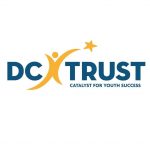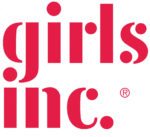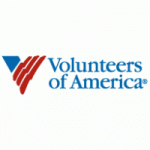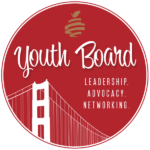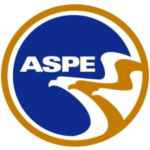Youth Development
The mission of Career Girls is for all girls to reach their full potential and discover their own path to empowerment through access to inspiring career role models and supportive girl-centric curriculum.
CareerGirls.org is a video-based career exploration tool for girls, with an emphasis on Science, Technology, Engineering and Math (STEM) careers. It’s free to use and free of commercials. Our collection includes over 7,000 video clips featuring more than 400 women role models. These successful women work in different careers—ranging from astronaut to musician to veterinarian—all over the United States.
Since 1999, the DC Trust, formerly known as the DC Children and Youth Investment Trust Corporation, has been proud to work in partnership government, nonprofit, and advocacy groups to create big solutions to the most pressing needs of the city’s youth.
10 Team-Building Games for a Friendlier Classroom is a fantastic free resource for developing relationships and a positive tone in the classroom.
RHYTTAC’s resource library with various information sheets, tips, guides and more for educators, families, and runaway and homeless youth. All resources cover topics spanning from positive youth Development, best practices in LGBTQ homeless youth, and more.
Girls Inc. focus is on the development of the whole girl and advocates for legislation and policies to increase opportunities and rights for all girls.
Volunteers of America provides people across the country with volunteer opportunities locally.
This report looks at programs that have proven to be effective for youth development and employment. Through these summaries, the American Youth Policy Forum hopes to give youth professionals and policymakers an understanding of the principles and characteristics of successful youth development programs so that they may be replicated.
This site serves as a forum for sharing ideas, a place to learn about approaches, strategies and research critical to youth work, and a source of information about upcoming events and opportunities.
Website offers books, videos, trainings, and consulting on youth participation in decision-making process and free materials and technical assistance to young people on how to move their ideas into action.
Research findings on evaluations of positive youth development programs.
NRCYS is committed to providing you with timely, practical resources so that you can, in turn, provide the best care to the children, youth, and families you serve. They have confidence in their services and resources, because every year they speak to hundreds of youth, families, and youth care professionals about what works and what is needed to help children, youth, and families grow and thrive.
The National Association of Social Workers (NASW) works to enhance the professional growth and development of its members, to create and maintain professional standards for social workers, and to advance sound social policies.

